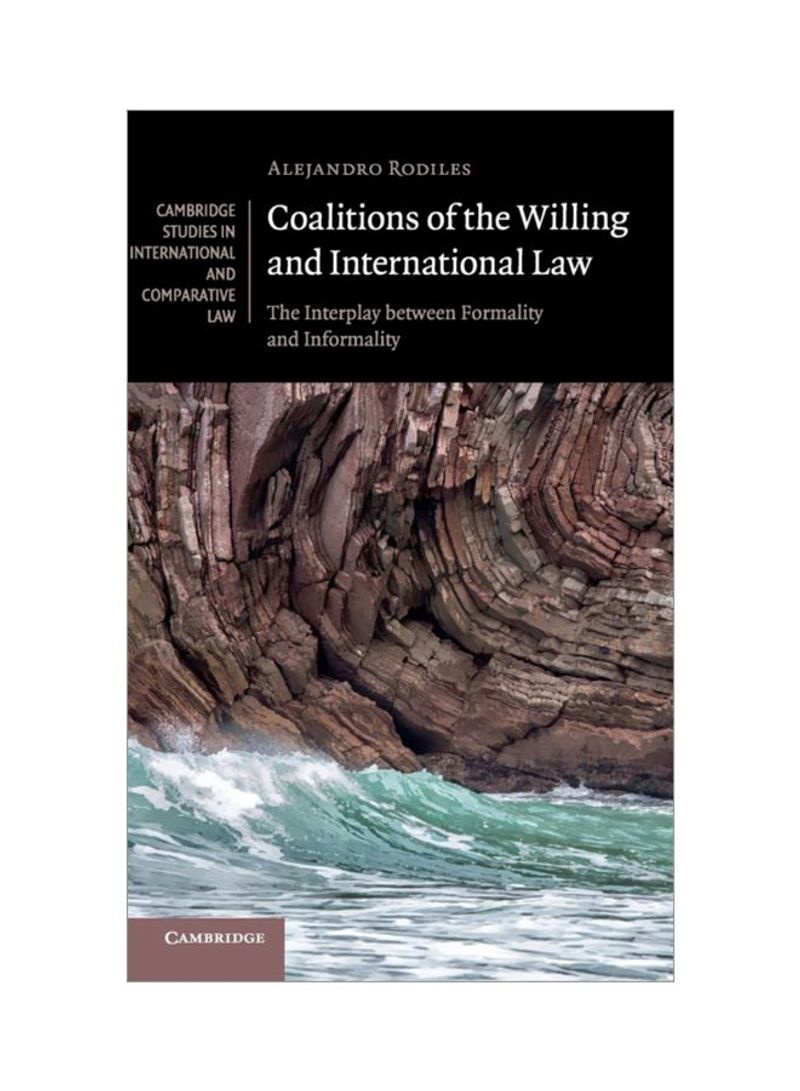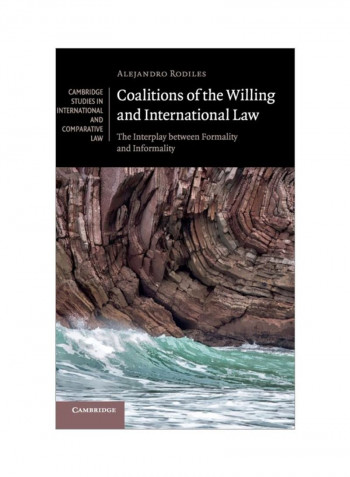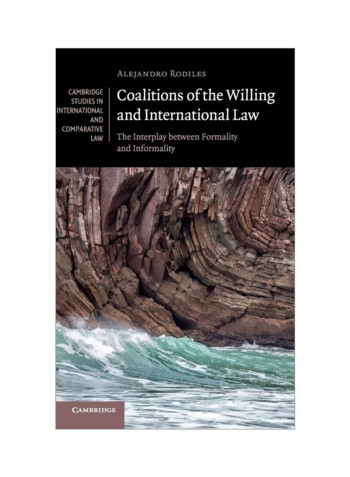Coalitions Of The Willing And International Law: The Interplay Between Formality And Informality Hardcover
Recommend
Sort by
Rating
Date
Specifications
Grade
New
Author 1
Alejandro Rodiles
Book Description
Global action and regulation is increasingly the result of the interplay between formality and informality. From the management of State conduct in international security to the coordination of national policies in climate change, international organizations work ever closer with coalitions of the willing. This book carefully describes this dynamic game, showing that it consists of transformative orchestration strategies and quasi-formalization processes. On the institutional plane, coalitions of the willing turn into 'durable efforts', while international organizations perform as 'platforms' within broader regime complexes. On the normative level, informal standards are framed in legal language and bestowed with the force of law, while legal norms are attached to multilayered schemes of implementation, characterized by pragmatic correspondences, persuasion tactics, and conceptual framing. Understanding how this interplay alters the notion of 'international legality' is crucial for the necessary recalibrations of the political ideals that will inform the rule of law in global governance.
ISBN-13
9781108493659
Language
English
Publisher
Cambridge University Press
Publication Date
19 Mar 2019
Number of Pages
314
About the Author
Alejandro Rodiles is an Associate Professor of International Law at Instituto Tecnologico Autonomo de Mexico, Mexico City. He undertook his doctoral studies at Humboldt-Universitat zu Berlin and is a member of the International Law Association's study groups on UN sanctions, and on cities and international law. In addition to his academic pursuits, he has extensive diplomatic experience, including as legal advisor of Mexico's Mission to the United Nations, as sous-sherpa to the Nuclear Security Summit, at the Office of the Legal Advisor, and at the Policy Planning Staff of the Foreign Minister.
Editorial Review
It has by now become clear that the world's two major powers - a declining hegemon as well as an emerging one - are poised to shun multilateral international organizations and instead are experimenting with various types of 'coalitions of the willing'. Rodiles offers a comprehensive theoretical and historical analysis of this strategy and demonstrates its benefits for those powers who lead them, such as the US and China, as well as its costs for all the rest and for the ideals of inclusive multilateralism and the rule of law. His sensitive and convincing account is crucial for understanding the contemporary trajectories of international law and politics.' Eyal Benvenisti, University of Cambridge



